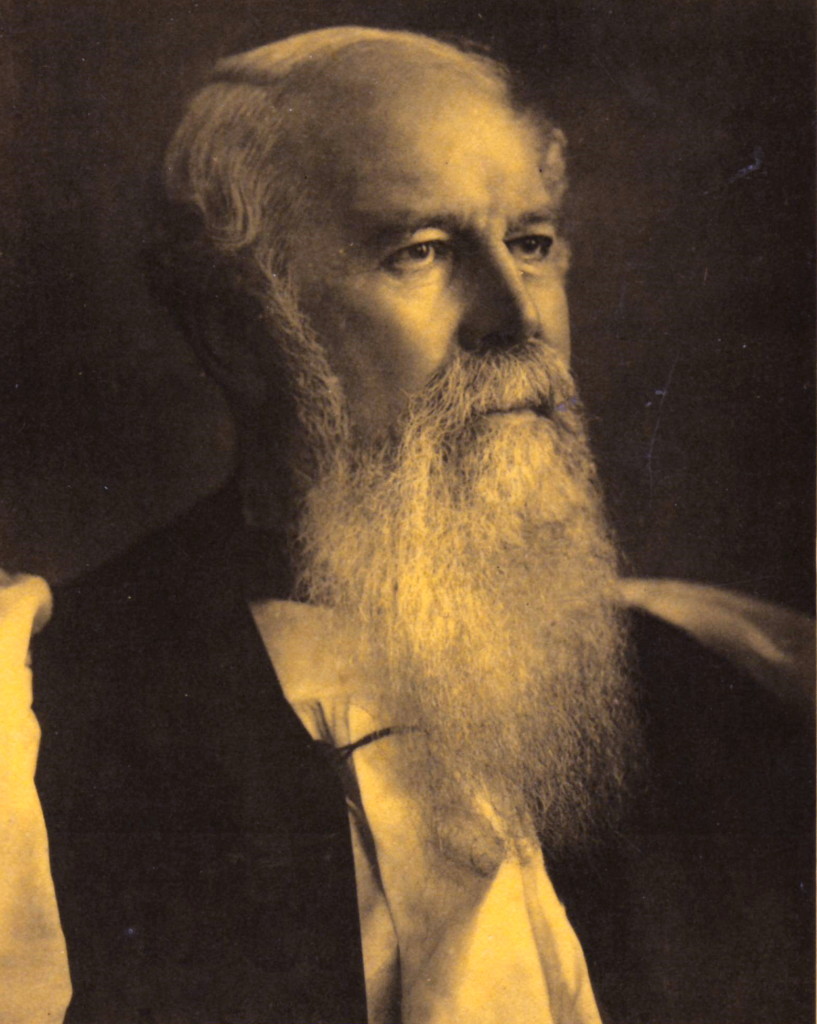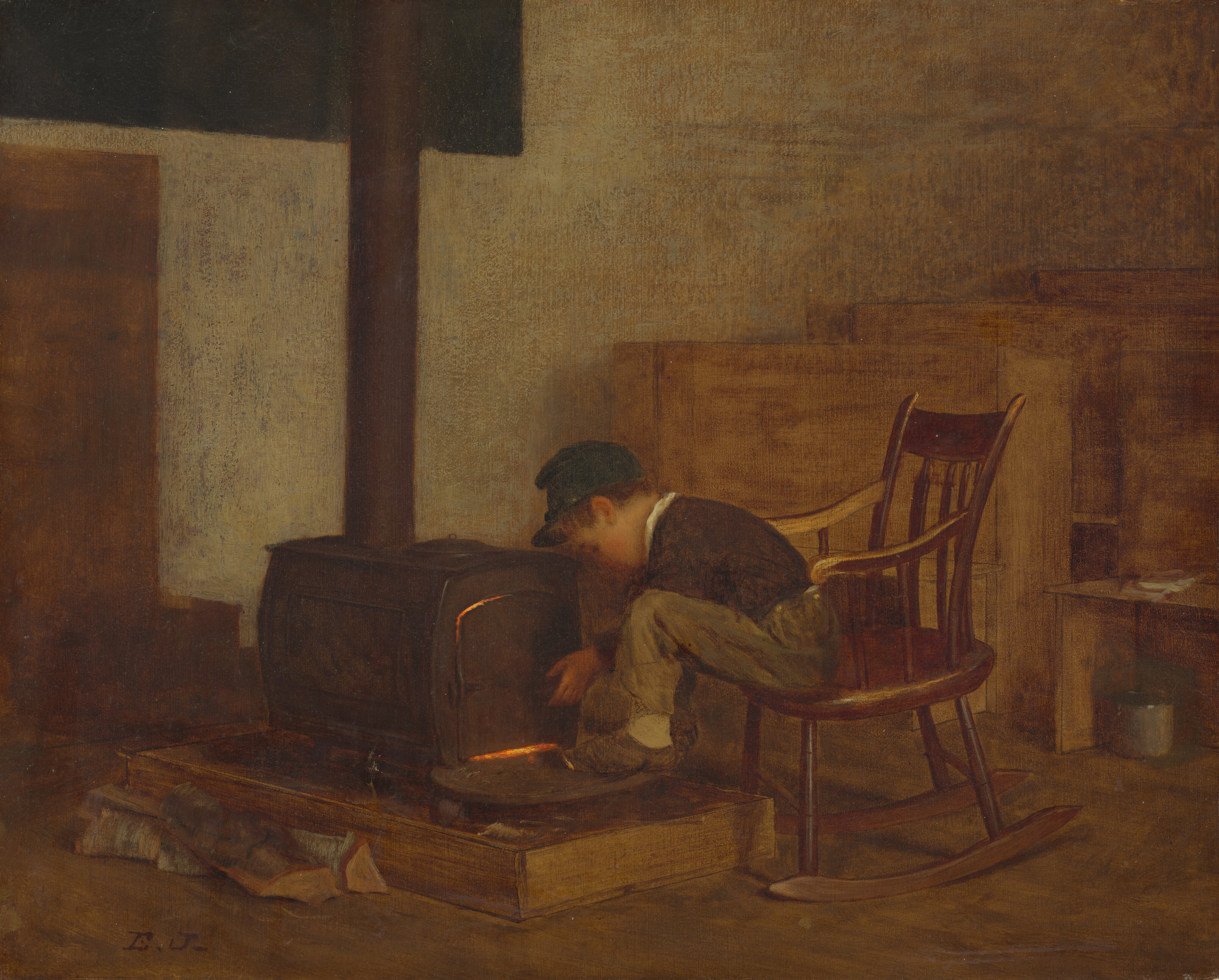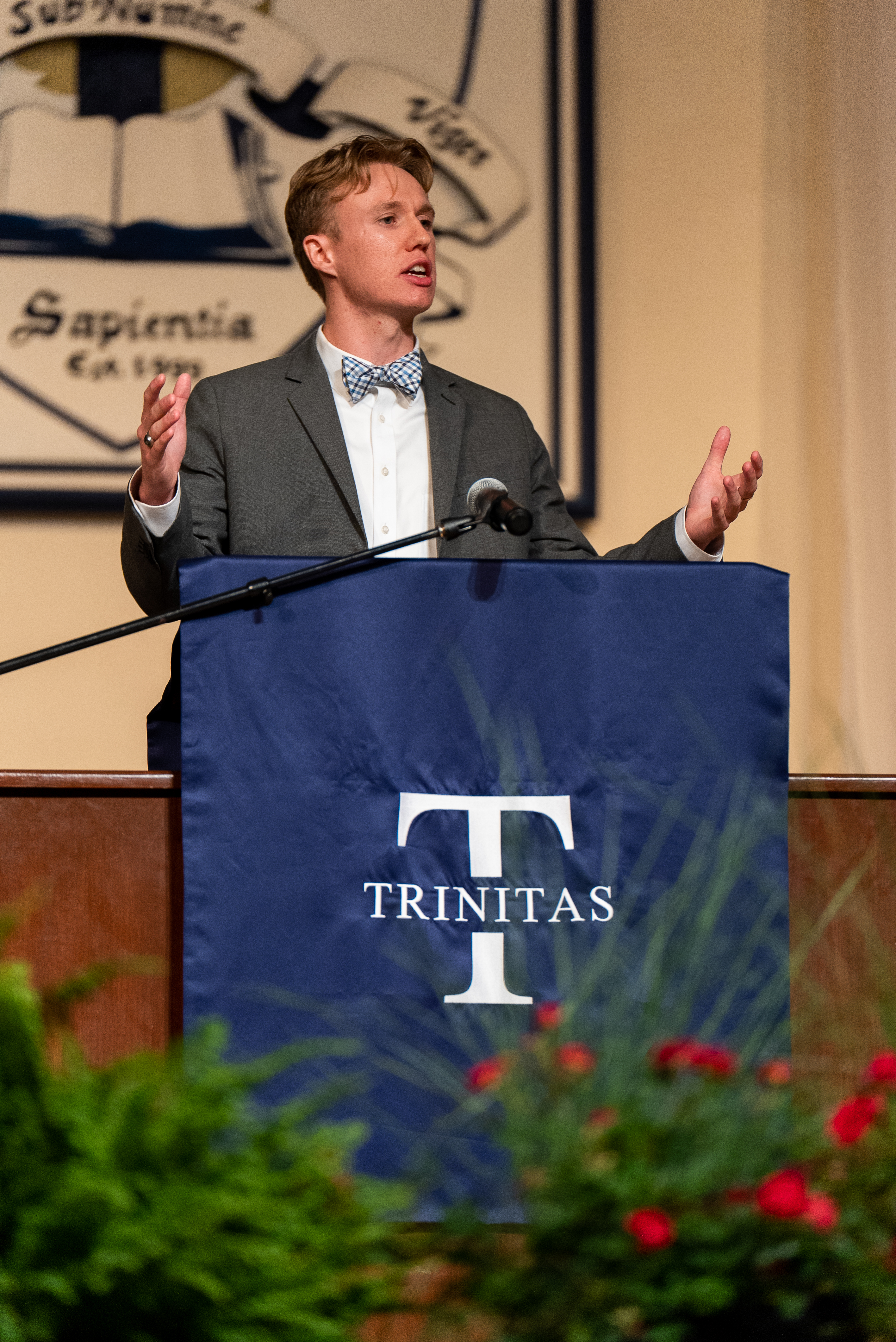Our days are BUSY. Between work responsibilities, volunteering, taking care of the home, and transporting children to school and other extracurricular activities, the average parent has little “downtime”. Over the last two years or so, the Lord has impressed it upon our hearts to be more intentional with the time we have been given with our children. If we want our children to really know the God we love and serve, then it is our responsibility to model that to them in everyday moments.
Topics: Blog Posts, School Life, Parenting, Christian Education, Christian Living, Parent Involvement
The work Trinitas requires can put a strain on parents and students, but, as uncomfortable as it is to hear, that’s the way it ought to be. School should be hard. Why? Because hard work brings a profit (Prov. 14:23).
Think of something good. Is it easily acquired? Now something beautiful… Now true… The world our Father created yields its fruit only to laborers like the ant in Proverbs 6. Students who are allowed to grumble about memorizing an additional five vocabulary words or to roll their eyes when required to show all of their math work are being prepared to live life lazily.
Topics: Blog Posts, School Life, Christian Living
Last week in this space, we considered how Trinitas is distinctly different in our classical pedagogy. This week, we’ll note together how Trinitas is distinctly different in our classical content and in our Christ-centered instruction. And, most importantly, how all of these things contribute to our distinctly different Christ-centered culture.
The next thing that makes Trinitas different is what we teach.
Topics: Blog Posts, Classical Education, Christian Education, Christian Living, Secular Education
Is there anything a 19th century Anglican Bishop can teach modern Christian parents about training their children? In short, absolutely! As Trinitas parents gather this week for the first Parent Traditio of the new year, they will be discussing a short essay written by J. C. Ryle entitled The Duties of Parents. In it, Bishop Ryle shares seventeen specific directives for Christian parenting that are gospel-centered and rooted in common sense while also practical and encouraging.
Topics: Blog Posts, Parenting, Christian Education, Christian Living
Yesterday, the Trinitas Board of Governors spent the entire day engaged in a continuous improvement discussion which resulted in an update to the school’s five-year strategic plan. Revisiting this process and document regularly helps the board ensure that the school is not only staying faithful to its founding mission and vision but is also thriving while improving in the execution of the same.
As valuable as that process is for organizations, it is equally important for parents to honestly assess where their family is in relation to the high calling placed upon Christian parents and to thoughtfully craft their own “strategic plan.”
Topics: Blog Posts, Parenting, Christian Education, Christian Living
At a recent Annual Parent Meeting, Trinitas father and board member, Pastor Jon Mark Olesky, reminded us of the timely importance of Christian parents educating their children to engage their world. This is the second of three posts containing his comments.
The context of preparation for Babylonian exile is significant. Providentially, these four youths entered Babylon in (605B.C), having been exiled out of Judah, after the Reforms of King Josiah, which he led until his death in (609 B.C). These young men were not trained under the long list of Apostate Kings of Israel “who did what was evil in the sight of the Lord” (2 Kings 8–17); but under King Josiah, who arguably surpassed David in Kingly righteousness since he had no public scandal (2 Samuel 11), and “before him, there was no king like him, who turned to the Lord with all his heart…according to all the Law of Moses, nor did any like him arise after him” (2 Kings 23:25).
Topics: Blog Posts, Parenting, Scripture, Christian Living
Thank you so much for that kind introduction. Before we begin, I would like to express my sincerest thanks to the administration and to all the senior class parents for providing me the opportunity to speak to these graduating seniors before you all tonight. And I would be terribly amiss if I did not congratulate you, seniors, on the many accomplishments that have brought you to this very place on this momentous evening. My purpose this evening is two-fold and somewhat paradoxical in nature. On the one hand, my job is to remind you that all of this evening is about you. On the other hand, my job is to remind you that none of this is about you, at all. Like I said, somewhat paradoxical. But there is a method to this madness, and I hope to demonstrate as much over the course of the next few minutes. There are many things I could say to you this evening; in truth, there are many things that ought to be said to you this evening, but that’s what all these good people are for. Lord knows I’ll need the backup. Yes, there are many paths we could tread, but I thought it best to stick to one rather familiar to you, and to me as well. Our progression this evening will follow a sort of timeline: First, we’ll revisit the past, taking great pains to put a very fine point on just what it is that you have been doing here at Trinitas for the past 6, 8, 10—and for some of you—13 years of your life; next, we’ll pause and ponder the precise precipice upon which you are perched, at present; and finally, we’ll look to the future, daring, even, to prescribe what must be next. So, let’s roll back the clock.
Topics: Classical Education, Alumni, Christian Education, College Admissions, Christian Living, Truth, Goodness, and Beauty, Virtue
Why the Goals of Classical Christian Education are Good for the World
Last week I set out to produce a series of articles reminding readers what classical Christian education is by describing what its goals are, why those goals should be valued, and what pursuit of those goals looks like at Trinitas Christian School. I used the metaphor of questions one might ask oneself when embarking on a journey. Last week the question I attempted to answer was where are we going? This week the question is why are we going there? My aim is to illustrate why the goals of classical Christian education are good ones for the people of God to pursue.
Topics: Blog Posts, Christian Education, Christian Living, Social Issues










